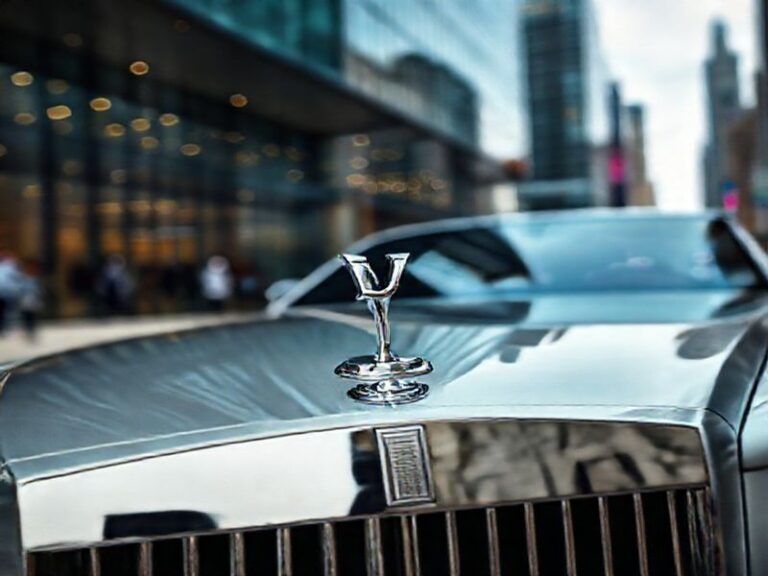From Margarita to Manifest Destiny: How Bethenny Frankel Quietly Rewrote Global Soft Power
Bethenny Frankel and the Geopolitics of a Skinny-Girl Empire
By Dave’s Locker Foreign Desk
PARIS—Somewhere between the Seine’s gently bobbing wine barges and the neon glare of a nearby McDonald’s, a French sommelier is quietly weeping into his gamay. The cause? A former Real Housewife of New York has managed to export “low-calorie margarita in a bottle” to 37 countries, convincing Milanese fashion editors and Seoul tech bros alike that happiness is 100 calories and a pink label. If that sounds trivial, congratulations—you are still naïve enough to believe the world economy runs on microchips rather than micro-influencers.
Bethenny Frankel—chef, author, reality-TV escape artist, disaster-relief hobbyist—has become a case study in how 21st-century soft power actually works. Forget aircraft carriers; the new gunboat diplomacy is a gluten-free, ready-to-drink cocktail that can clear customs faster than a Ukrainian grain shipment. In 2011 she sold Skinnygirl Cocktails to Beam Global for a reported US $100 million, an amount roughly equal to the annual defense budget of the Maldives. Since then, she’s franchised the brand into everything from popcorn to shapewear, proving that the only thing more elastic than waistbands is the human capacity for brand extension.
From Dubai duty-free shops to the back bars of Mykonos, the Skinnygirl logo now competes with Chanel and Hermès for visual pollution rights. This is not just a triumph of marketing; it’s a subtle act of cultural imperialism. While Washington debates democracy summits that nobody RSVPs to, Frankel’s empire quietly rewrites global drinking norms: tequila without the caloric guilt, rosé without the social shame, capitalism without the hangover—well, the caloric one, anyway.
International observers note that her philanthropy follows the same slick itinerary as her product launches. After Hurricane Maria, she chartered private jets to deliver aid to Puerto Rico, a move that simultaneously saved lives and provided premium B-roll for Instagram. European NGOs, who still file grant applications in triplicate, watched with the sort of envy usually reserved for Americans who pronounce “croissant” correctly. The UN’s emergency-coordination office now studies her disaster-relief playbooks, presumably between meetings on how to update their own 400-page procurement flowcharts.
The darker punch line? Global supply chains are so fragile that a single reality star with a shipping agent on speed dial can outmaneuver the Red Cross. Meanwhile, the same container shortages that delayed your couch from Vietnam somehow parted like the Red Sea for pallets of Skinnygirl Blender Bombs. If that doesn’t make you question the invisible hand of the market, nothing will.
Critics—mostly male economists who still believe “real work” involves yelling on trading floors—dismiss Frankel as a lifestyle guru cashing in on female insecurity. Yet her overseas revenues suggest otherwise. In Japan, where the government recently appointed a “Minister of Loneliness,” Skinnygirl mocktails have become the socially acceptable way to drink alone without looking like you’re drinking alone. In Brazil, her shapewear line is reportedly outselling traditional girdles 2-to-1, a statistic that delights macroeconomists tracking women’s workforce participation and terrifies local elastic manufacturers.
There is, of course, an existential subplot here. As climate change threatens actual wine regions and sugar tariffs fluctuate like crypto, Frankel’s synthetic flavor profiles may be the oenophile’s dystopian future. Picture Bordeaux 2050: zero alcohol, zero calories, zero terroir, but an NFT label you can trade on the blockchain. If that sounds bleak, remember humanity once thought lead-laced aqueducts were progress. We adapt, we shrug, we post.
Ultimately, Bethenny Frankel matters not because she invented the low-calorie cocktail—Soviet sugar rationing beat her by decades—but because she weaponized it into a portable ideology. In a world where statecraft is increasingly indistinguishable from influencer marketing, the person who can move both humanitarian cargo and consumer cargo in the same Boeing 777 cargo hold is the new Henry Kissinger, only with better lighting and fewer war crimes.
So raise a glass—100 calories, naturally—to the new world order. Just don’t forget to tag the location; soft power only works if the algorithm is watching.







